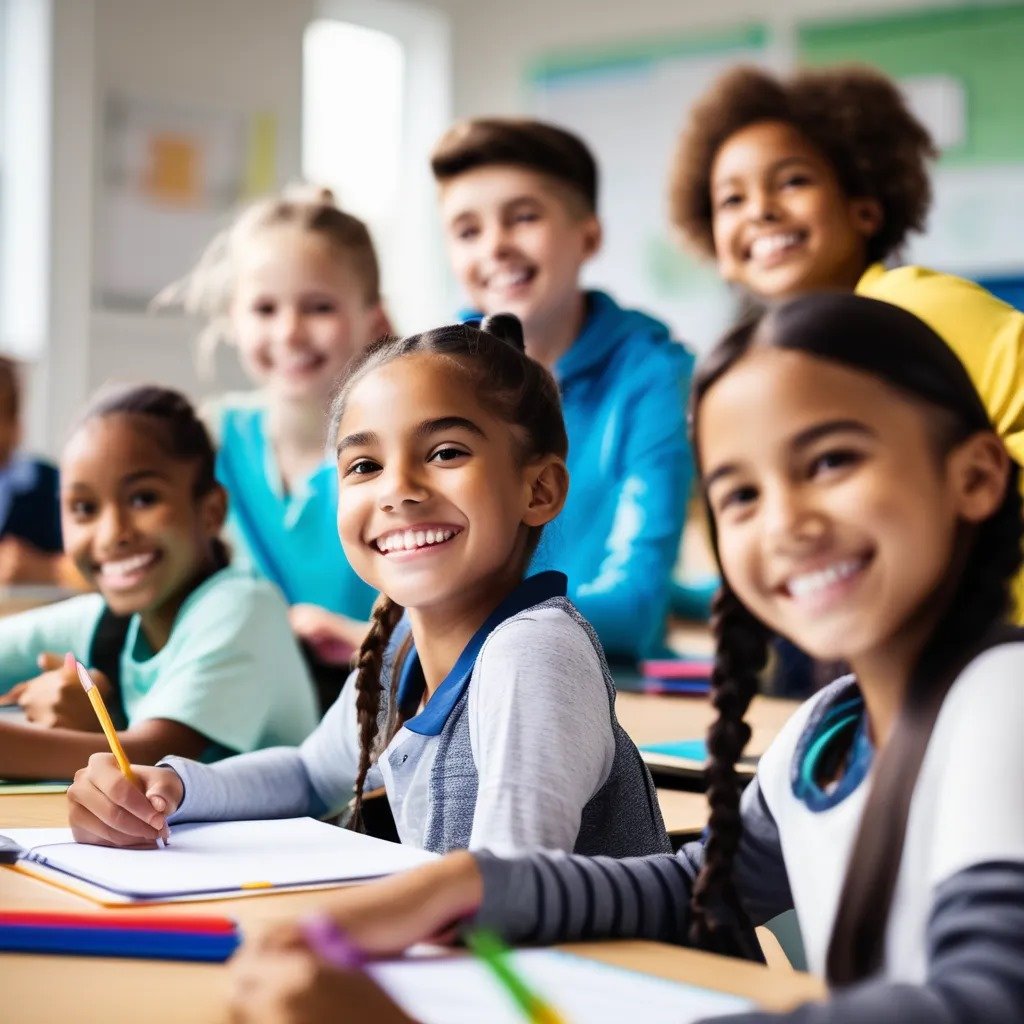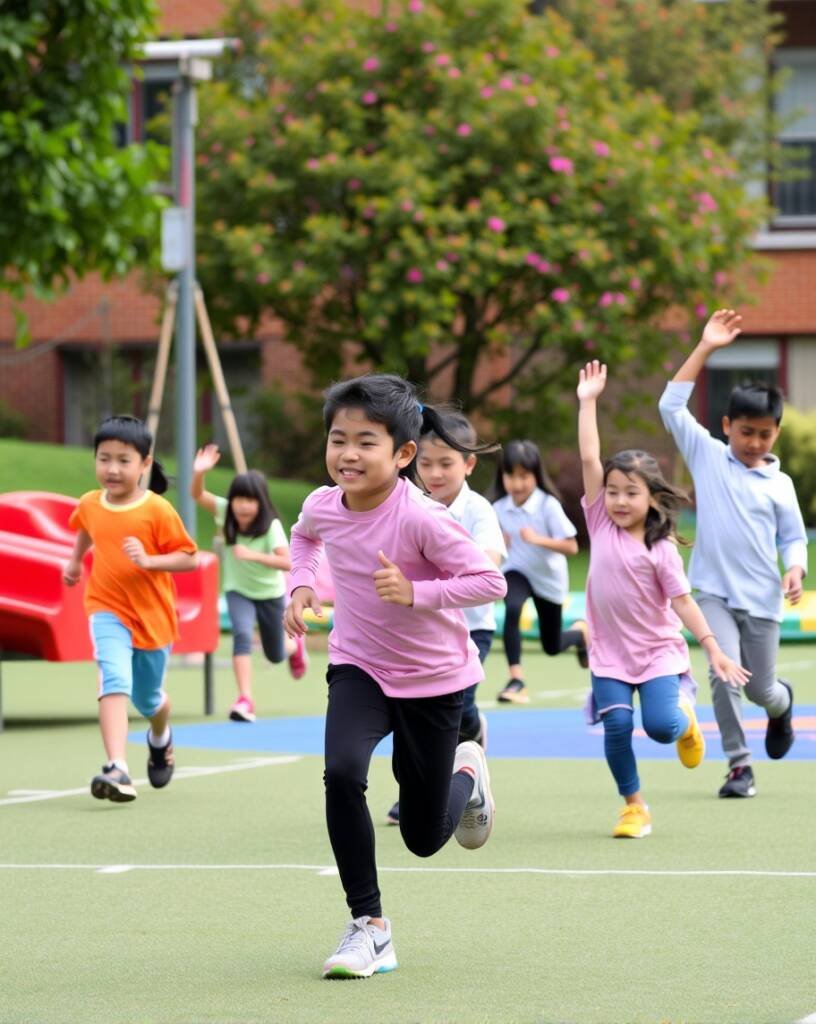In today’s fast-paced academic environment, success is often measured by grades, test scores, and studying hours. However, one essential factor that significantly influences academic performance is frequently overlooked: physical activity. Engaging in regular exercise and sports not only benefits the body but is also crucial for a focused mind. Research consistently shows that physical activity enhances cognitive function, boosts memory, and reduces stress, making students better equipped to handle academic challenges.
1. Physical Activity Boosts Brain Function
Physical activity enhances blood flow to the brain, which improves cognitive function and memory. When students exercise, they can focus better, making studying more effective and learning new material easier. This heightened brain function translates to quicker problem-solving skills, better concentration, and improved creativity. A physically active student is better prepared to absorb knowledge and retain what they learn in the classroom.


2. Reducing Stress and Anxiety
Studies reveal that physical activity helps lower cortisol levels, effectively reducing stress and anxiety. This emotional boost is especially valuable for students managing heavy coursework and exam pressures. Physical activity releases endorphins—known as the “feel-good” hormones—which naturally combat feelings of anxiety and stress. A balanced mental state allows students to approach academic tasks with calmness and resilience.
3. Building Confidence and Social Skills
Team sports and group activities encourage students to develop essential social skills like communication, cooperation, and empathy. Participating in these activities boosts self-esteem as students learn to value their unique contributions to a team. This confidence often extends into academic life, encouraging students to engage more actively in class discussions, seek help when needed, and build constructive relationships with their peers and teachers.
4. Improving Sleep Quality
Regular physical activity promotes deeper and more restful sleep, which is essential for memory consolidation and overall mental performance. A good night’s sleep is foundational to attention, energy levels, and mood regulation. Students who sleep well are more alert, have sharper focus, and can recall information more effectively—key factors for academic success.
5. Creating a Healthy Routine for Life
Incorporating physical activity into daily life from a young age fosters lifelong health and wellness habits. These habits ensure that students grow up valuing both their mental and physical well-being. This foundation contributes to better academic performance and leads to an improved quality of life as students become well-rounded, resilient individuals.
Conclusion
Active students are successful students. Embracing physical activity helps students sharpen their minds, balance their emotions, and grow into confident, capable individuals. At SportsLegacy, we are dedicated to promoting these benefits through various online and offline group and individual classes tailored to foster fitness, teamwork, and personal growth. Contact us to learn more about how we can help make physical activity an integral part of students’ lives, ensuring they achieve both academic and personal success.




